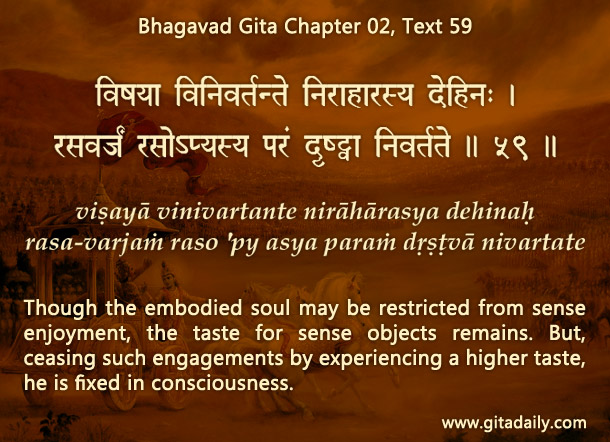Our society offers us many avenues for self-destruction. Multiple technological developments have made the exercise of individual freedom much easier. Unfortunately, they have also made individual misuse of freedom much easier. Additionally, as cultural norms have changed and moral standards have loosened. Consequently, people are often technologically and culturally enabled to pursue paths that can well be self-destructive.
For example, consider the increasing cultural and legal acceptance of narcotic drugs — and the increasing use of technology to manufacture, transport, store, market and promote such drugs. Consequently, people face far more pervasive and aggressive temptation nowadays than they did in the past. Or consider another example: the entertainment industry. While people have always sought entertainment throughout human history, the sheer volume and variety of entertainment available through omnipresent avenues such as mobile phones means that people today are constantly confronting temptations and succumbing to distractions. For many people, entertainment is no longer just a refreshing break from real life; real life is an annoying break from entertainment.
Undoubtedly, some efforts are being made culturally, legally and technologically to offset the worst effects of such exposure to temptation. Still, these initiatives to protect people pale in comparison to the initiatives to captivate them. Given this grave reality, the responsibility falls heavily on the individual to make wise choices. And if they lack the self-discipline to choose wisely, they will almost inevitably default toward unwise choices. Pertinently, the Bhagavad-gita (02.59) cautions that without a higher purpose, vision and discipline, we will relapse into short-sighted and self-sabotaging indulgences. That’s why we absolutely need self-discipline to keep our vision fixed on the things that matter and away from the things that glitter.
Summary:
Because society provides increasing pathways to self-destruction, self-discipline is a vital need for self-preservation.
Think it over:
- How has society opened many paths to self-destruction?
- Why is self-discipline not a casual choice but a vital necessity?
- Which are the paths to self-destruction you are vulnerable to? How can you use self-discipline to protect yourself?
***
Audio explanation of article is here: https://gitadaily.substack.com/p/why-self-discipline-is-essential
02.59: Though the embodied soul may be restricted from sense enjoyment, the taste for sense objects remains. But, ceasing such engagements by experiencing a higher taste, he is fixed in consciousness.
To know more about this verse, please click on the image


Mind your mind